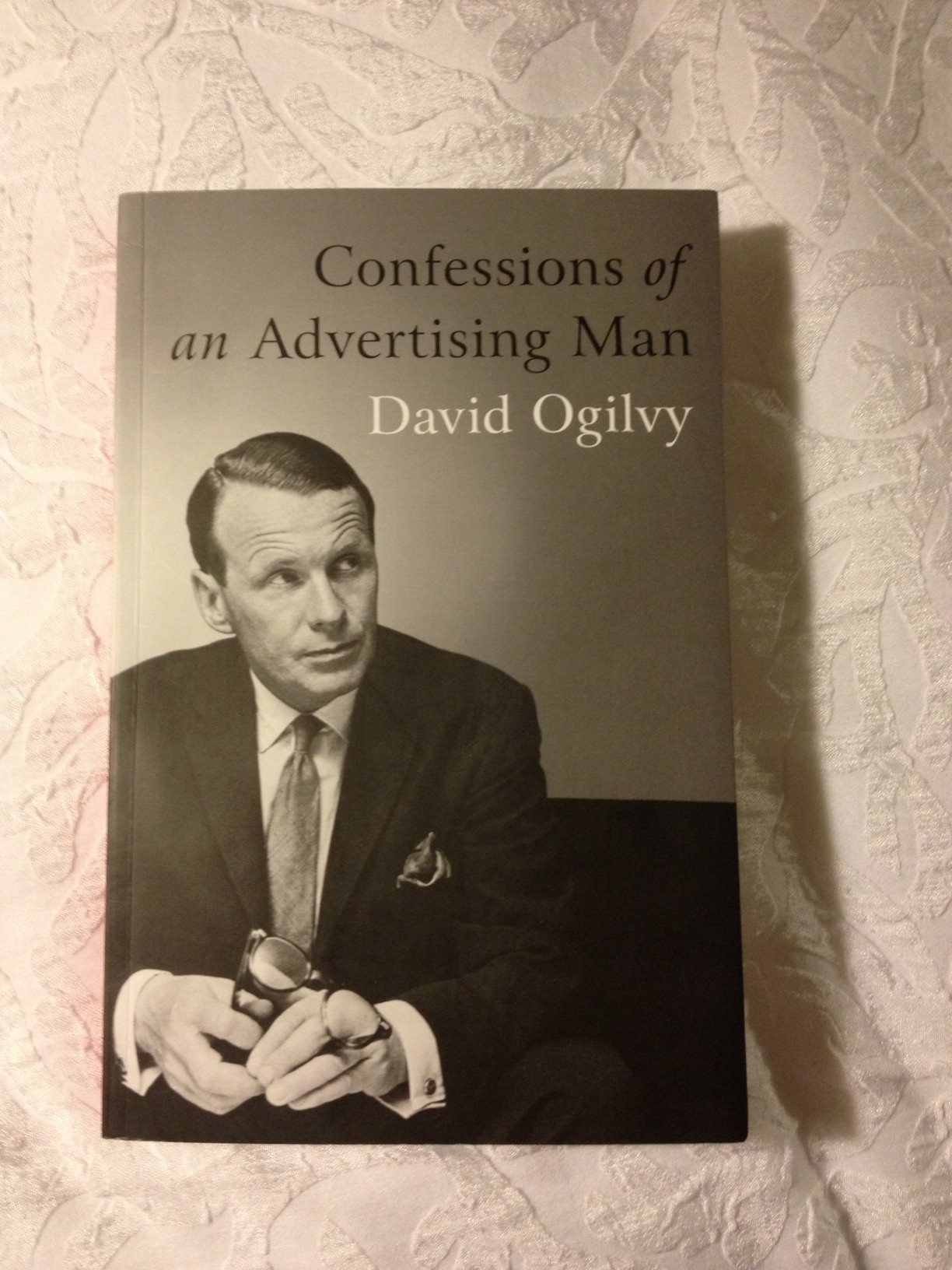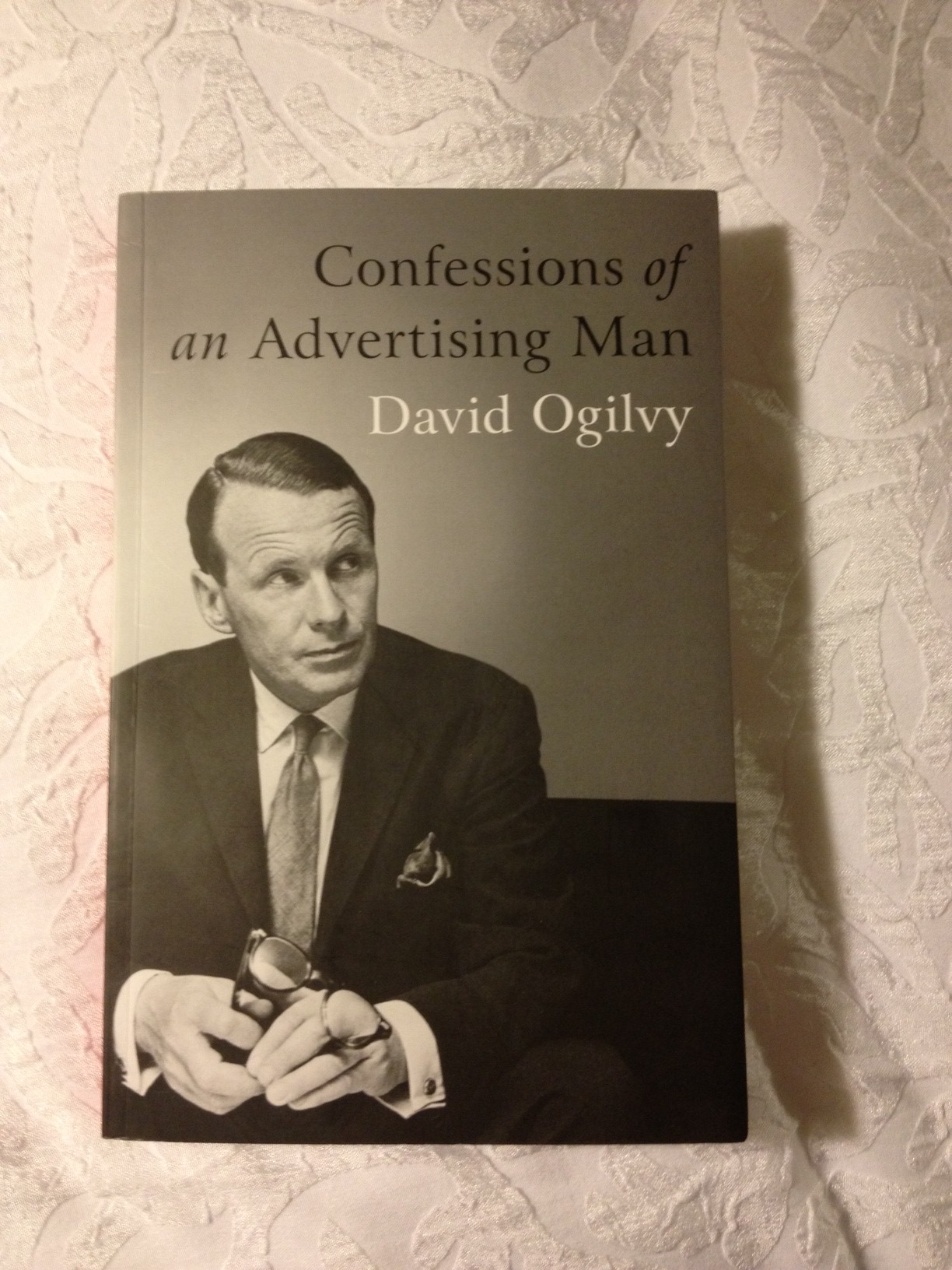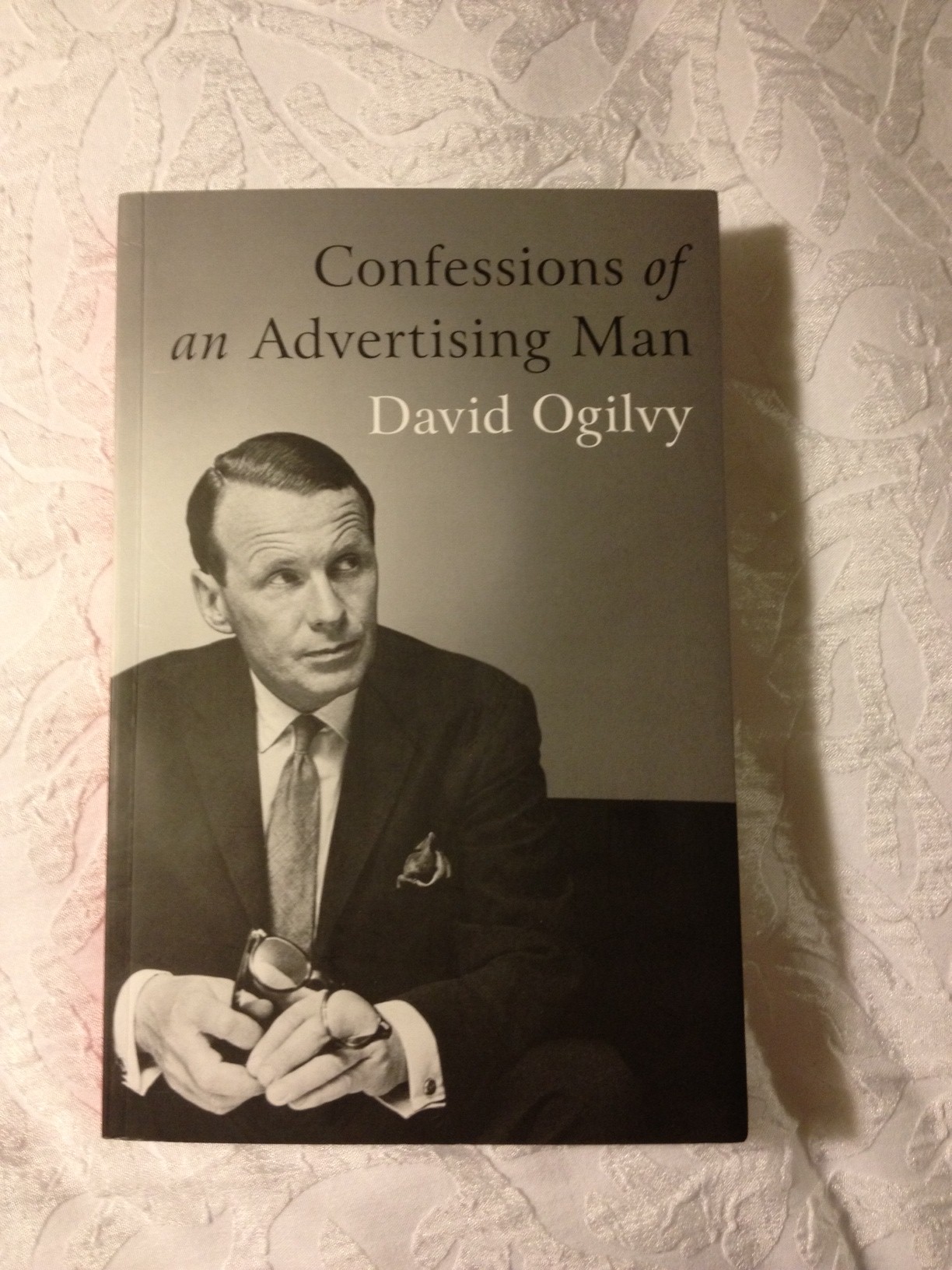Lessons from an Ad Man #3 - On Judgment and Research
Note: Over the holidays I finished off an old book that had been on my 'I really should read that' list for ages - Confessions of an Advertising Man by ad industry legend David Ogilvy. The 'Confessions', first issued in 1963, provide a little bit of a glimpse into the Mad Men world of advertising in the 50s and 60s.
This will be the last submission I think in the 'Ad Man' series, not because there aren't plenty more nuggets of insight from Confessions of an Advertising Man, but more that if I haven't convinced you by now you should score a copy and read it for yourself you probably never will.
I pulled this last lesson for its increasing relevance today - this new age of information, metrics, and Big Data, where we seem to be continually told, pushed, and cajoled into taking a much more analytical view of the world. Data, statistics, relationships, algorithms - these for many are the new coin of the realm and should be used to inform all kinds of decisions we make as HR and Talent pros.
Data can tell us where we should post our job ads to generate the best candidates, which of these candidates 'match' the job requirement, who might be a culture fit, what questions we should ask them in the interview, and how we should score their answers. Even more data can tells us how much (or little) we should compensate our employees, how much we need to reward out top performers to convince them to stay, and which ones are likely to progress in the organization - making increased attention and investment in them pay off. And still more data can tell us where we should expand - what locations and markets have the 'right' supply of talent that fits our talent success profiles - and where we need to consider contingent staff or outsourcing to fill in the gaps.
In 2013 and beyond you as an HR and Talent pro will simply have to get more comfortable with data, (big or otherwise), and taking a data-driven approach to workforce planning, staffing, performance management, and rewards. This reality seems clear, and few would dispute the impact and influence that data and analytics will have on HR.
There was plenty of data back in Mr. Ogilvy's day as well. Sure, maybe not the voluminous amounts that we capture today, but still lots of data, and with the more crude tools available back then to aggregate, analyze, and derive insights - it is quite likely than business leaders of that age might also have felt they had a 'Big Data' problem. Back then Ogilvy sensed a growing tendency for many in his field to become over-reliant on data and research - at the expense of reasoned and experienced judgment. Here is Ogilvy's take on the matter, from a section of the book subtitled 'The Image and the Brand' -
How do you decide what kind of image to build? There is no short answer. Research cannot help you much here. You have actually got to use judgment. I notice increasing reluctance on the part of marketing executives to use judgment; they are coming to rely too much on research, and they use it as a drunkard uses a lamp post, for support rather than illumination.
Nice shot from the Ad Man, and certainly one that will continue to resonate more and more as the available amount of data and information that will be available to us at almost every part of the talent management process will only increase.
The data, as Ogilvy suggests, has to illuminate, it has to lead us into making the best decisions and even into dreaming up brand new ideas. It can't only be a prop or a justification for a lack of imagination or of daring. If we let data and data alone drive our actions, well then we can easily be replaced by it, and by technology that can process it much faster and more efficiently than we ever could.
The data will consume us if we allow it to I think.
Use your best judgment on this...

 Steve
Steve

